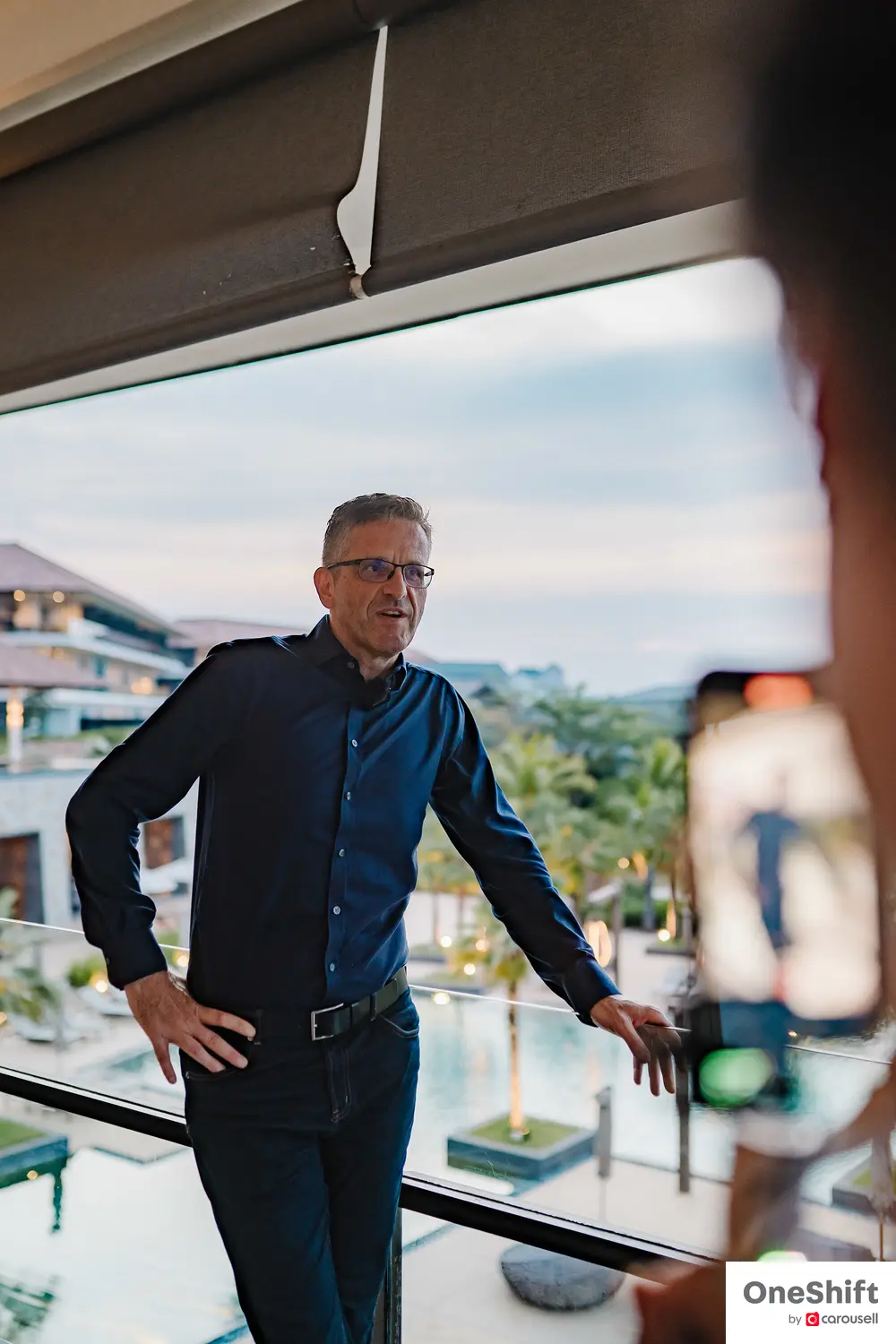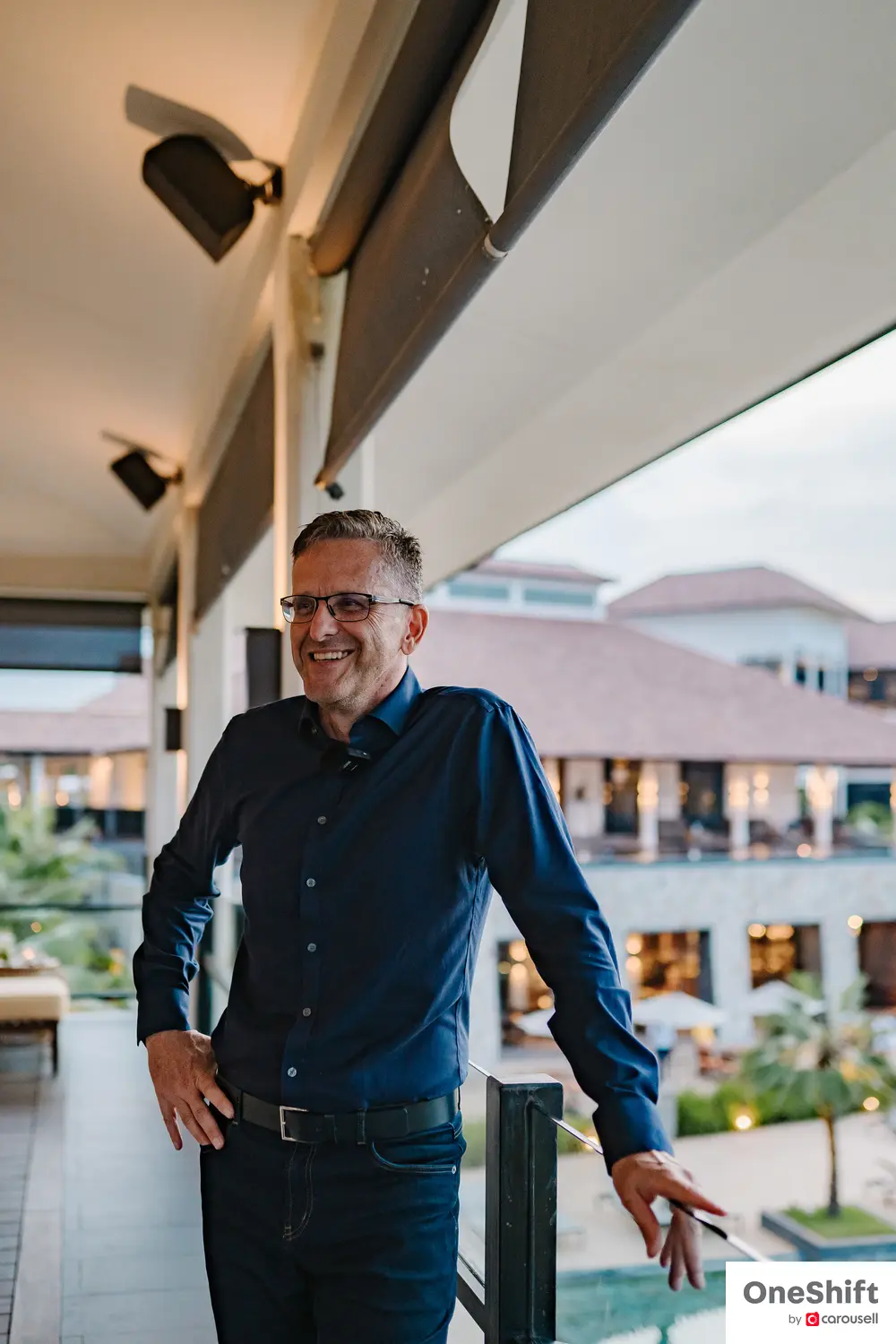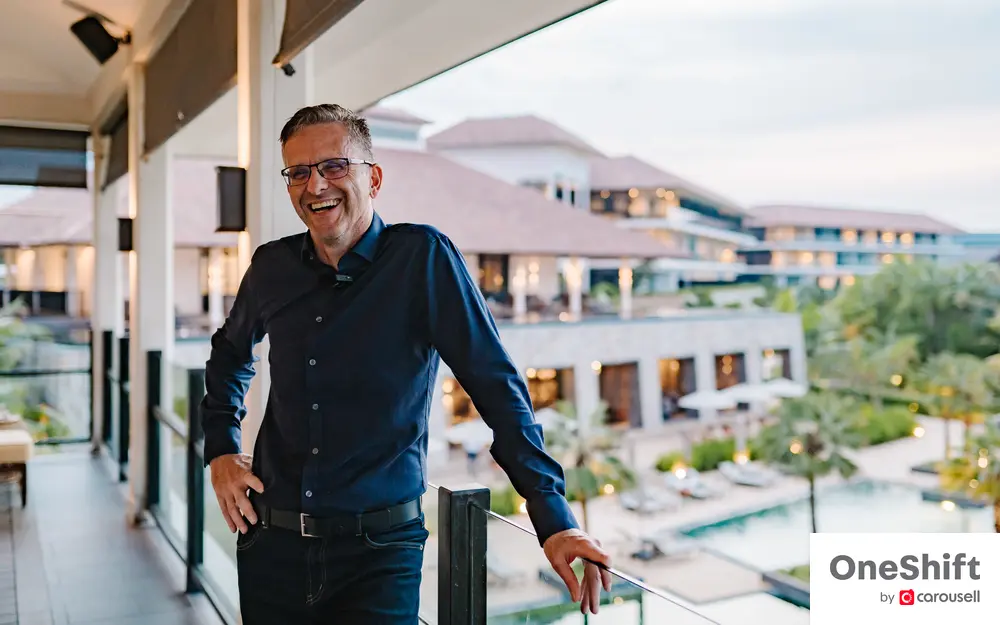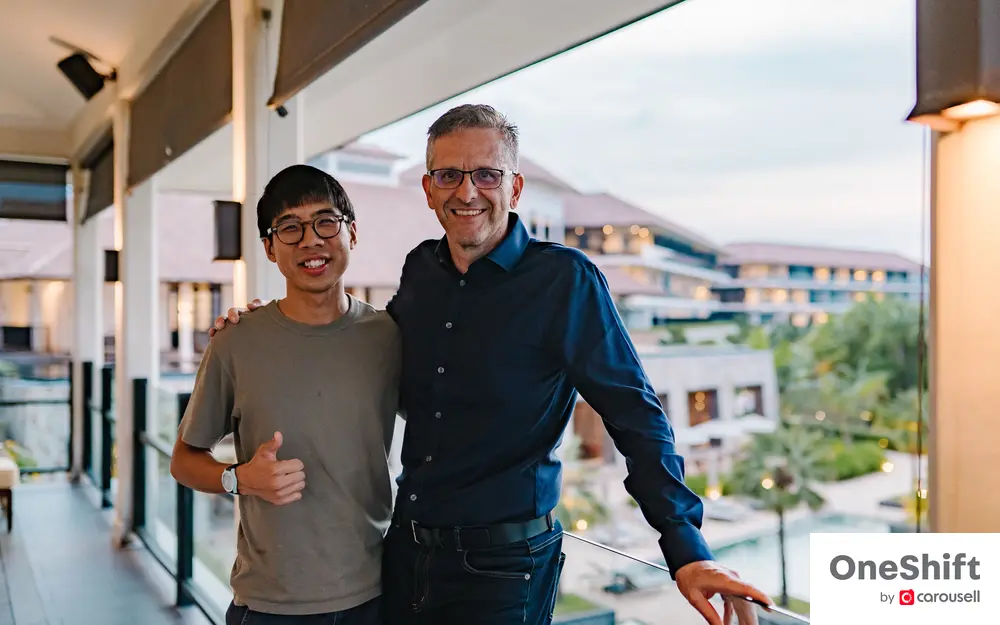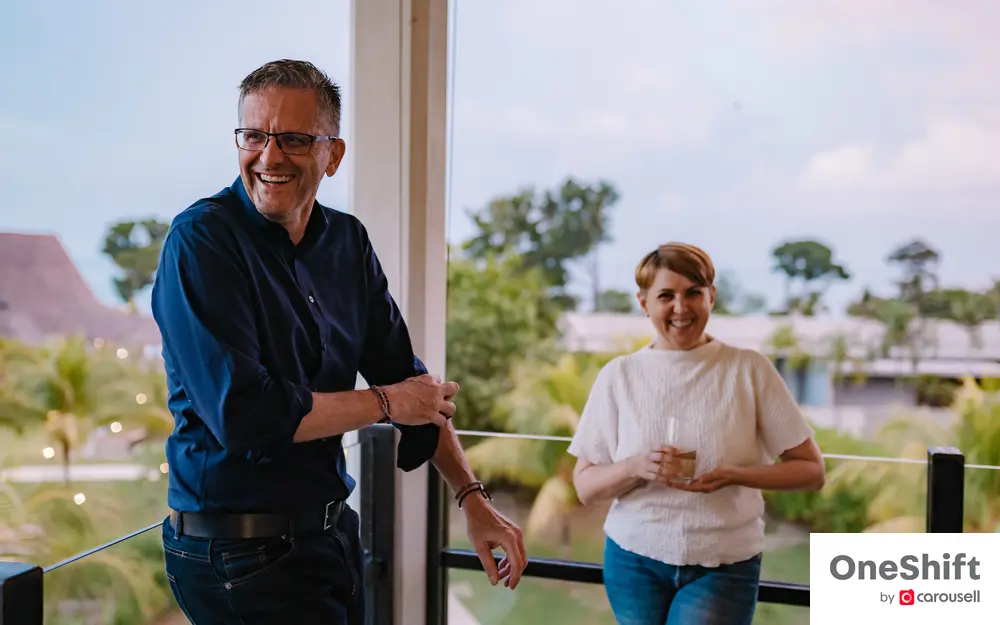Interview with Dr. Kurt Leitner, Managing Director of Volkswagen Group Singapore - VGS to regain market share with Cat A and BEV offensive
"The solidity and soundness of German engineering transcends price points"







After traversing the Malaysian B-roads of the state of Johor during the Volkswagen and Škoda Cat A driveaway, the OneShift team had an opportunity to chat with Dr. Kurt Leitner, Managing Director of Volkswagen Group Singapore (VGS).
Dr. Leitner served in multiple roles within the Volkswagen Group throughout the world, and most recently headed the team at Porsche Romania from 2015 to 2019. Double-hatting as co-Managing Director of Volkswagen Passenger Cars Malaysia and PHS Automotive Malaysia on top of his role in Singapore since 1 August 2019, we thought it was opportune to hear Dr. Leitner’s views on the current and future state of the automotive landscape and what it means for VGS.
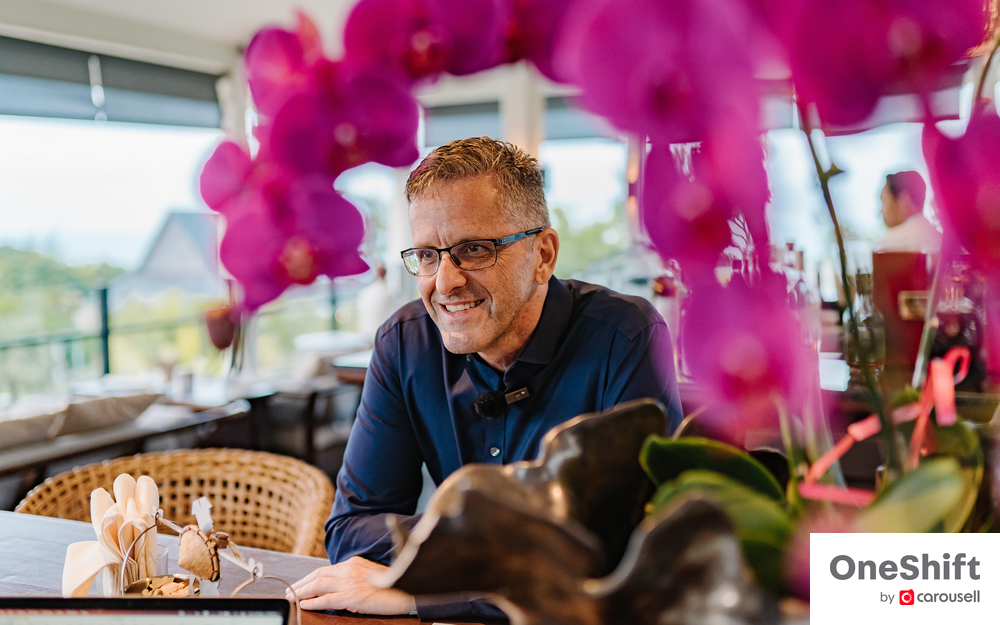
We felt that it was high time for VGS to revive our cross border media drive experiences, given that it had been derailed by the Covid-19 pandemic for the past 2 or so years. But more importantly we think that it is important for the media to experience the cars on the open road first hand and have a sense of how they handle in an environment that is unlike what we are all used to back home. Such trips would be a great opportunity, especially for those who are newer to the Volkswagen and Škoda brands as it enables them to spend more time with the cars.
Also, given the unique regulatory climate in Singapore, the gap between Cat A and B COE cars is more significant now than in previous years. To remain competitive, VGS also wanted to use this as an opportunity to emphasise that with Cat A cars, drivers do not lose out on the same, great driving experience that other higher capacity or powerful cars might offer, despite the more favourable price point. As you have experienced, the solidity and soundness of German engineering transcends price points, and VGS cars offer a very complete and good driving experience.
You could say that this new emphasis is driven by the larger difference in price between the Cat A and Cat B COE, but let’s not forget that Volkswagen can be directly translated to ‘people’s car’. No matter the competitive environment, being a brand that caters to all walks of life, “Cat A” automobiles will always be an important segment for the VGS. We also want to show that Volkswagen and Škoda cars make no compromises – despite being a Cat A entry level car, they are still fun to drive and possess high standards of build quality.

Not at all! The exact engine options on offer in Singapore are also available in other markets. The engines you find in the Cat A cars have not been detuned – VW Group Singapore sticks to our core value of not making any compromises, even for entry level models.
Certainly it would be best to achieve the best of both worlds, to offer models with a super competitive price yet come optioned with high specifications. But from the VGS’s perspective, we want our cars to be positioned as the entry point to premium level.
Take for example, the Škoda Octavia – it is a really well equipped car with lots of space, has outstanding fuel economy, and is packed with features like lane assist and wireless charging for mobile phones. These are features that would be more commonly seen on more expensive cars. It is a model that has really up-to-date features and shows that you can have an entry level model without much compromise.
We can expect the large majority of VW and Škoda BEVs to be offered locally by H1 2024. But as it stands, we hope to introduce the entire VW range to the local market. Pre-sales of the VW ID.4 and Skoda Enyaq range will commence towards the end of 2023, with the ID.3, ID.5, ID. Buzz and CUPRA Born a few months later.
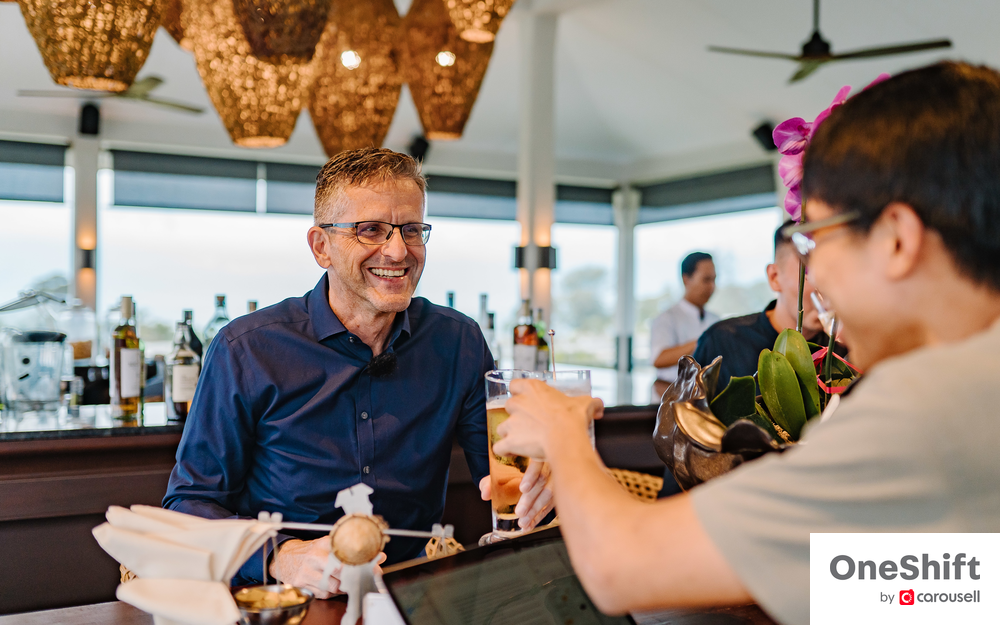
Given the popularity of the SUV body style in recent years, we expect the Tiguan-sized ID.4 and SUV-Coupé ID.5 to be best sellers in the range. The Golf-sized ID.3 hatchback should be reasonably popular too, given its compact footprint works really well for the roads in Singapore.
But of course, everyone loves the ID.Buzz, and it will be interesting to see how the local market takes to this “electric version” of the iconic VW Kombi. I’m sure its design will bring back good memories for many.
Just like the existing ICE cars, drivers can expect all the values of the Volkswagen and Škoda brands to carry through to its BEV cousins. Build quality – the familiar feeling you get when opening and closing its doors, or how the controls and switches have been laid out and even down to how it feels on the road – remains top notch for all of these models.
This sense of familiarity that one is sitting in a Volkswagen or Škoda car is not easily described, a kind of gut feeling you get that must be experienced personally. To us, these values will definitely be carried on to its BEV cousins, and it is important that these remain intact as we move to a new era of motoring.
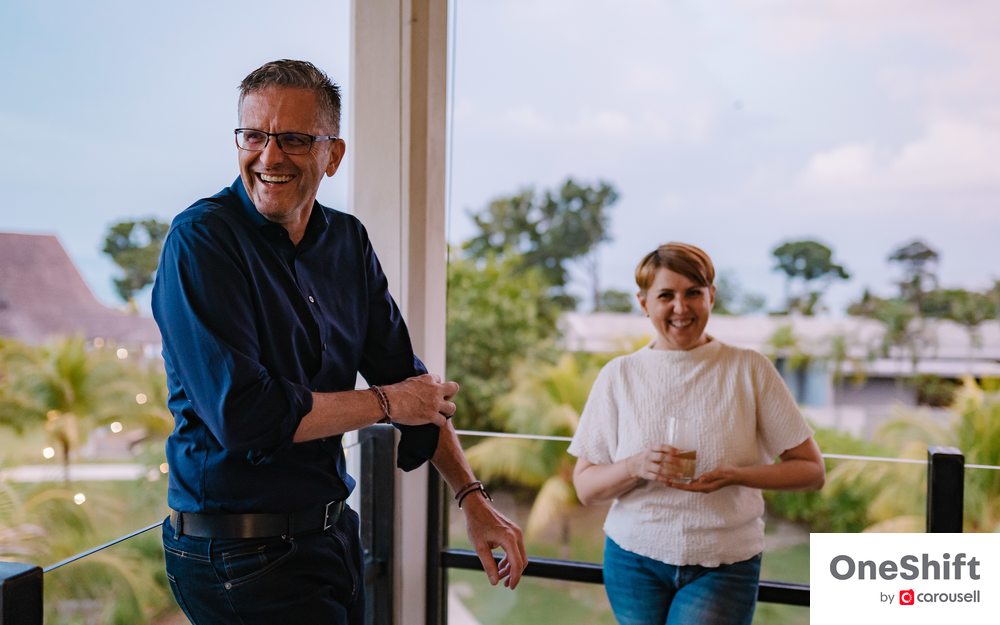
We expect 2025-2026 to be the tipping point in the proportion of sales shifting towards BEVs (more than 50%). But for 2023, we will still place some emphasis on our ICE and hybrid models, before ramping up efforts in pushing BEV sales towards the end of the year and in 2024. Of course, this projection is dependent on market conditions and EV charging infrastructure, which is a hot topic in Singapore.
South East Asia (SEA) has been identified by VW Group as a key growth market. Given the success of the brand in Europe and China, we feel that the VGS’s existing market share is not representative of the true strength of our existing line up. However, in terms of the unique regulatory environment that Singapore has, it has been challenging for us to introduce models with suitable engine specifications that fit in the right categories yet come in at a competitive price position.
With this reaffirmed focus on SEA to get the right cars to market, and the upcoming portfolio of BEVs, we hope this will change given the wide range of offerings, and help the VGS regain this top spot and establish a larger footprint in Singapore.

Singapore is a really unique and challenging market to operate in, primarily because of regulation. For me, it is a special challenge that I have been really focused on since commencing this role in 2019.
The most applicable experience that can be drawn upon is the need for the right product, at the right price and at the right time. BEVs, which are cleaner in nature, might witness a reduction in the complexity of the competitive environment as the need to consider emissions, engine capacity and fuel standards (from a global manufacturing perspective) is eliminated. I feel that this could be a good opportunity for VGS to establish greater market presence, and develop better cars for new and existing customers.
Photos by Volkswagen Group Singapore
---
Do you know that selling your car directly to another car owner is the best way to get the highest price for your car? Get more for your car when you list your car for sale on Carousell today.


Get the Best Price for your used car
from 500+ dealers in 24 hours

- Convenient and Hassle-Free
- Consumer Protection
Transparent Process
With No Obligation
